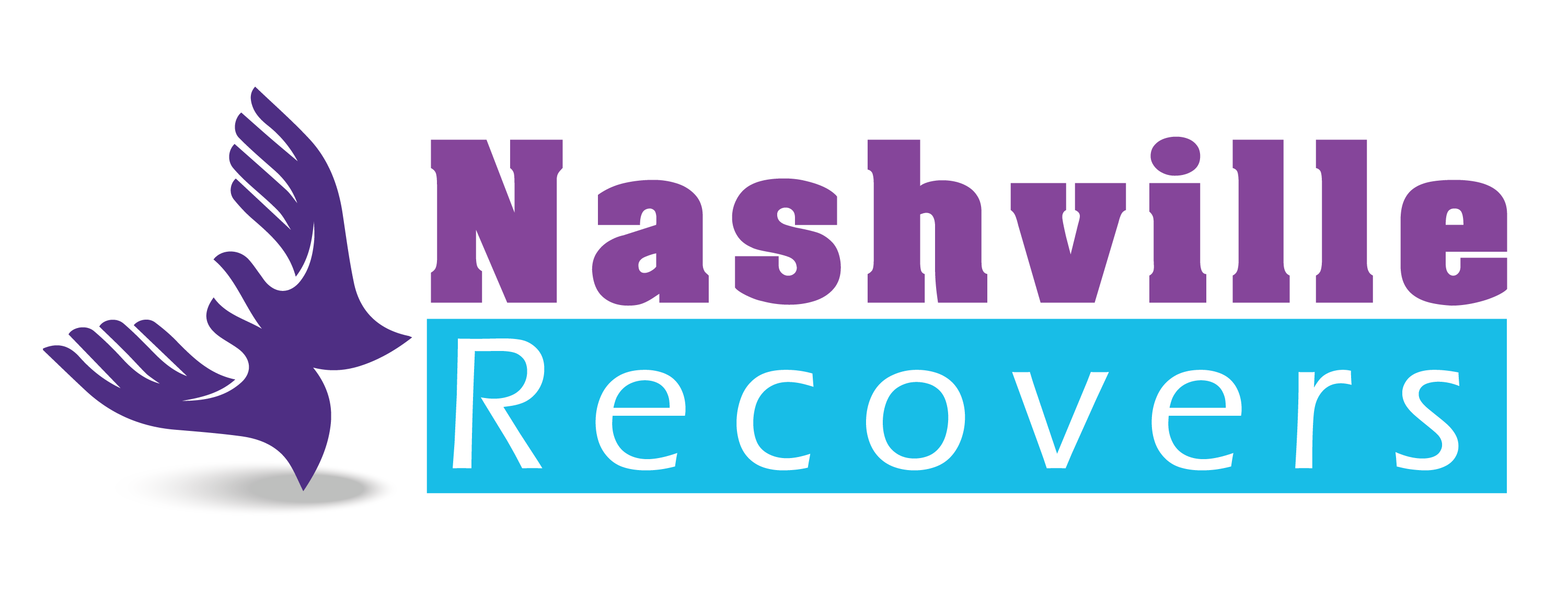One of the very first people I met when I went to rehab is a guy named Jack Daniels.
No lie.
And he actually worked at the treatment center. Still does.
OK, Jack Daniels is actually a stage name, and longtime (meaning “older”) country fans might remember Jack as the lead guitarist in the late ‘80s band Highway 101.
In its day, this group was a big deal. They had a bunch of big hits, like “Somewhere Tonight” and “Cry, Cry, Cry” and “(Do You Love Me) Just Say Yes.”
 Heck, Highway 101 even beat out monster-big group Alabama for vocal group of the year at the ACMs and the CMAs one year.
Heck, Highway 101 even beat out monster-big group Alabama for vocal group of the year at the ACMs and the CMAs one year.
So how did Jack go from playing arenas to counseling patients at Cumberland Heights?
In a word, bourbon. Well, and cocaine, marijuana, pain pills, desperation, despair and deep depression.
Jack is known these days by his real name, Jack Dills, 64, who has 12 years sober, and is really active in recovery, even on the board for the upcoming RecoveryFest on Sept. 27 in East Park. (Please go to www.recoveryfestnashville.com for more info.)
And Jack has agreed to tell his story publicly as a way to promote this year’s RecoveryFest, on which he has been working very hard (for free) for two years. Thank you, Jack, for your service and your story.
Jack was born near San Francisco to a construction/railroad worker and a stay-at-home mom, the oldest of three kids. When he was 11, his buddy down the street had a few guitars at home, and Jack would go to his house and noodle around on them.
The boy’s mom said Jack could take home a guitar if Jack promised to learn a song and come back and play it for her. Jack did just that, learning “Five Foot Two, Eyes of Blue” from his dad, who, turns out, played ukulele in the service. And that’s how Jack started playing guitar.
“I took it to bed with me. My dad would yell, ‘Shut up and put that guitar away!’” he said, laughing. “I learned to play by ear.”
Jack’s dad eventually took his teen boy to after-hours clubs so Jack could play at jam sessions with adult musicians, and Jack started playing around town. But the local liquor enforcement authorities started chasing him out of bars because he wasn’t yet 18.
So that’s why Jack changed his name to Jack Daniels, so venues could promote him without tipping off authorities that an underage Jack Dills was playing.
Eventually, Jack started sampling the various liquids at these bars and a funny thing happened – Jack discovered that he felt much more comfortable and happy around others when he drank.
So he kept on drinking – right through a bunch of gigs, right through his marriage to his wife, Alicia, right through gigs with Freddie Hart, right through getting his first record deal in 1970 with a band called Silver Creek, through that band’s break-up and through his gigs in the house band at the famed Palomino Club in L.A.
“I drank for one reason only and that was to get drunk. I loved the way it made me feel,” he said.
In 1971, Jack started adding marijuana and “upper” pills to his drinking, and he added cocaine to the mix in the late ‘70s, when he started touring with rocker Burton Cummings of The Guess Who.
Then the party started to wind down.
“I was getting tired of feeling run down all the time, feeling unhealthy. I was black out drunk. And I got to feeling scared of that. I realized I was an alcoholic.”
But Jack kept drinking, getting a DUI in 1984, and he put down the booze for eight years – but he kept on smoking and popping pills.
The Highway 101 started in 1986 and the band broke up about six years later – and Jack started drinking again.
 Jack got sober this last time in 2002 after three years of really hard drinking, black outs, desperation, horrible nightmares and utter despair, certain he was going to lose his wife or his life.
Jack got sober this last time in 2002 after three years of really hard drinking, black outs, desperation, horrible nightmares and utter despair, certain he was going to lose his wife or his life.
He ended up at Cumberland Heights detoxing hard because he quit everything cold turkey four days earlier. But Jack wasn’t there for treatment, just there to help a buddy doing some sort of video shoot out there.
Lo and behold, a guy in recovery “walked up to me and said, ‘I think you need this thing, would you be interested in coming here?’”
Jack and his wife thought that was a great idea. So he checked in.
“I had so many awakenings to me. I learned there’s this 12-step program that works if you work it,” he said. “That was the beginning my ascension from the dark cave.”
Jack found that recovery process so fascinating that he actually got a job at Cumberland Heights four years later, and he is now licensed and trained to be a counselor.
“To turn around and help people who struggle like I struggled, you can’t know what it feels like.”

Recent Comments